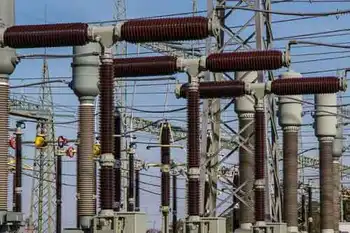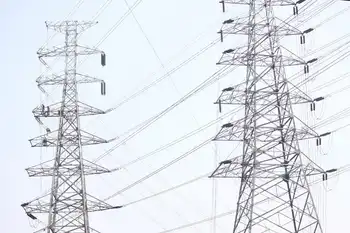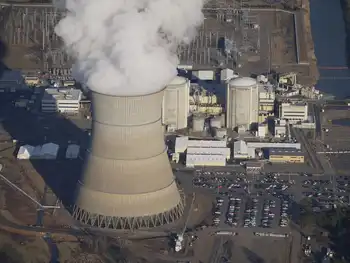New power generation record
ALLENTOWN, PENNSYLVANIA - PPL Corp. of Allentown set a record for power generation for the fourth year in a row.
PPL's plants generated 54.8 billion kilowatt-hours of electricity in 2005. That is up 2 percent from 2004, when the company generated 53.7 billion kilowatt-hours. The company cited careful planning of plant outages as a main factor in the improved performance.
PPL controls 12,000 megawatts of generating capacity in seven states: Pennsylvania, Montana, Maine, Connecticut, New York, Arizona and Illinois.
"We've been able to set records four years in a row because we have made good business decisions regarding plant upgrades, and because our employees have responded to the challenge of finding new and better ways to operate and maintain the plants," said Bryce L. Shriver, president of PPL Generation.
The electricity generated by PPL's plants in 2005 was enough for the yearly electricity requirements of about 5 million homes.
Since 2001, the number of kilowatt-hours PPL generates each year has increased 18 percent. The company has opened additional plants since 2001, including a natural gas plant in Lower Mount Bethel Township. Spokesman George Lewis said that shorter outages also allow plants to produce more electricity in the year, and operate more efficiently.
PPL operates five plants in Pennsylvania. Among those, the Susquehanna nuclear plant near Berwick generated 18.33 billion kilowatt-hours in 2005, up 1.5 percent from last year. The coal- fired plants at Brunner Island, near Harrisburg, generated 10.2 billion kilowatt-hours, down about 2 percent from last year. That's partially because of a six-week outage for the installation of a new turbine.
Related News

ERCOT Issues RFP to Procure Capacity to Alleviate Winter Concerns
AUSTIN - The Electric Reliability Council of Texas (ERCOT) issued a request for proposals to stakeholders to procure up to 3,000 MW of generation or demand response capacity to meet load and reserve requirements during the winter 2023-24 peak load season (Dec. 1, 2023, through Feb. 29, 2024).
ERCOT cited “several factors, including significant peak load growth since last winter, recent and proposed retirements of dispatchable Generation Resources, and recent extreme winter weather events, including Winter Storm Elliott in December 2022, Winter Storm Uri in February 2021, and the 2018 and 2011 winter storms, each of which resulted in abnormally high…




